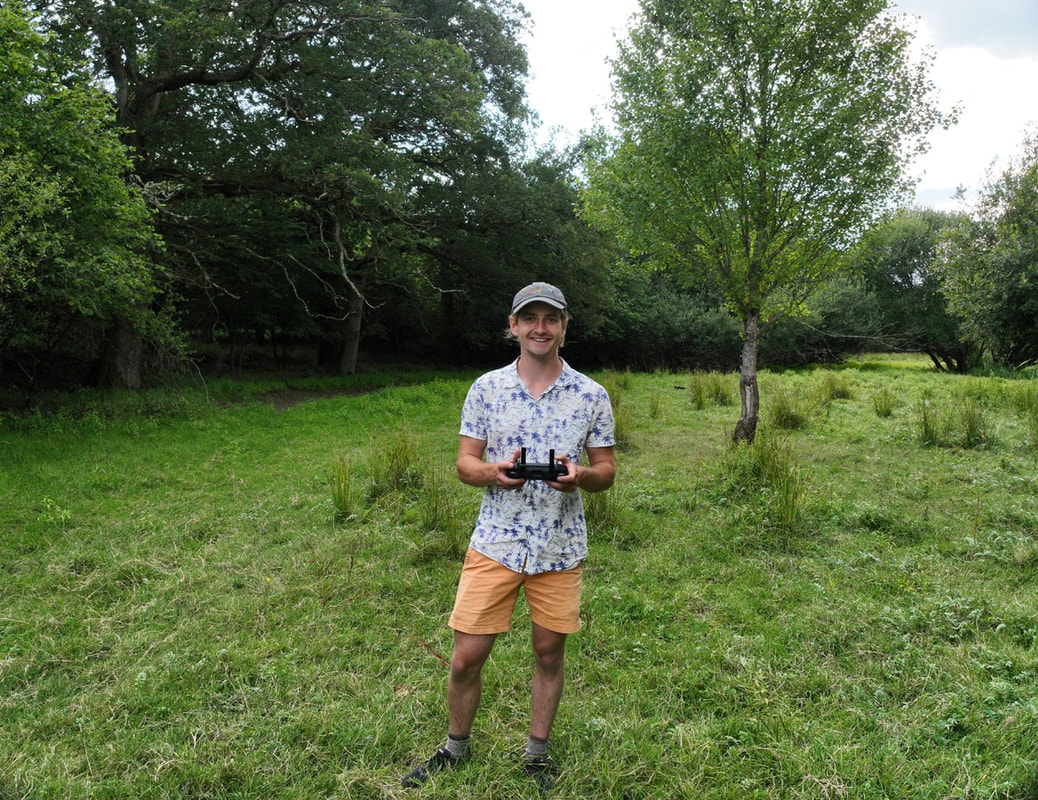Many birds, such as the blue tit, great tit and pied flycatcher, are reliant upon a short pulse in availability of their desired food resource during reproduction to feed their young, and as such have to time their breeding to coincide with this. All of the species investigated here only reproduce once in a given year, making it even more crucial they time their reproduction correctly. If they lay too early, or too late, their chicks are likely to go hungry.
With climate change, the onset of spring has been advancing, with warmer spring temperatures occurring earlier in the year in recent decades. In response to this, trees are leafing up earlier, caterpillars are emerging earlier and birds are also breeding earlier, but are they all managing to keep up with each other?
This study demonstrates that mismatch between birds and their food resource (caterpillars) is greater in earlier (warmer) springs, and that the migratory pied flycatcher is suffering more than the two resident tit species. The phenology of all the trophic levels (oak-caterpillars-birds) is later in the north of the United Kingdom, however the amount of mismatch populations are experiencing has very little spatial variation. Therefore, it is unlikely that population declines of many insectivorous birds in the south of the UK are due to mismatch.
Read the full paper here and the accompanying Nature Ecology and Evolution blog here.

 RSS Feed
RSS Feed
